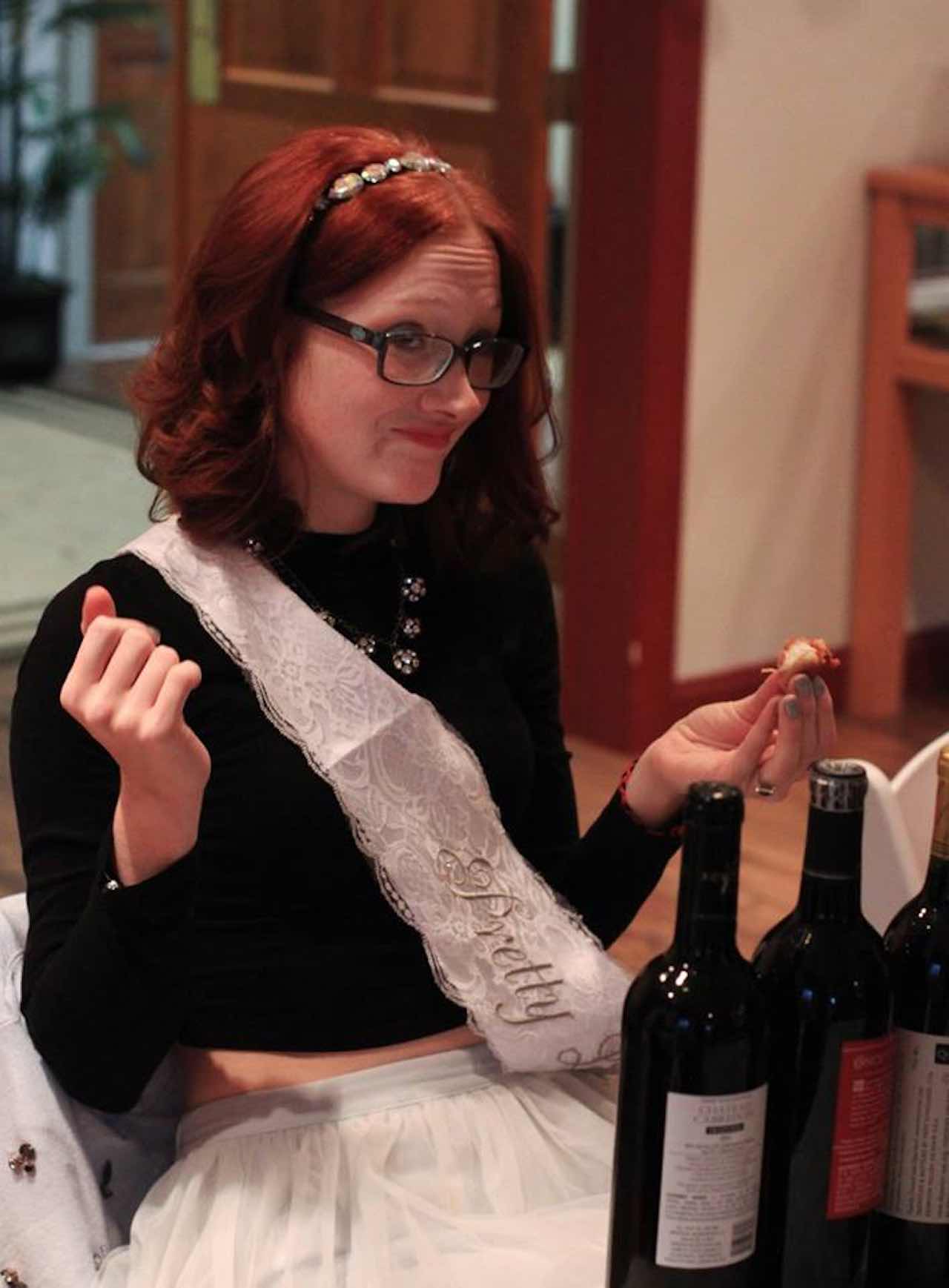I Will Do What We're Not Supposed to Do After a Psychogenic Non-epileptic Seizures (PNES) Diagnosis
I can recall with vivid certainty the moment that my life changed forever. It was the night of my bridal shower, after I had spent the day sipping wine from ceramic mugs and celebrating the impending wedding to my wonderful fiance with my family and friends. We had gathered at my in-laws house to continue the bridal shower festivities, and I had the first seizure visible to my closest friends. Up until that day, only about three people had seen one of my seizures.
Of course, after many more seizures, the inevitable happened. Ten days before my wedding, I was hospitalized after a serious seizure. Clearly, the various migraine and seizure medications failed to help. I was at the point where I needed someone to figure out why I was having seizures of all shapes and sizes, and before I stood in front of my friends and family as the healthy, successful bride I was desperately to be. So, I received a 24-hour EEG, during which time I had only one clonic-tonic seizure.
Other relevant stories:
• Is Epilepsy an Autoimmune Disease
• Can Epilepsy Kill You
• Is Epilepsy a Disability
But that one seizure was enough to result in a diagnosis: I did not have epilepsy. I probably didn’t even have migralepsy, which was my standing diagnosis. Instead, I likely have Psychogenic Non-epileptic Seizures. Even as the incredibly kind and sensitive epileptologist offered me an explanation, I couldn’t help but wonder why so many qualifiers were needed within the diagnosis: “Pyschogenic” “Nonepileptic”; these words seemed more important than the seizure diagnosis. As the doctor strolled out of my office, arguably on his way to see patients with real epilepsy, I just sat in my hospital bed trying not to choke on the “crazy.”
Ultimately, PNES attempts to articulate the impossible: seizures that just happen, not for any reason one can see on an EEG. As a result, PNES is attributed to trauma, with seizures functioning as a way to encounter deeply repressed trauma.
 But there’s another theory; my pain response is not a match to the severity of the migraines I face. Hence, the seizures are a way to try and articulate and even control the migraine pain. Of course, there are many, many articles reporting the “suicide migraine,” estimating that migraine pain can lead to suicidal thoughts. Attributing my seizures to migraines would be a much more comfortable way to explain my disorder.
But there’s another theory; my pain response is not a match to the severity of the migraines I face. Hence, the seizures are a way to try and articulate and even control the migraine pain. Of course, there are many, many articles reporting the “suicide migraine,” estimating that migraine pain can lead to suicidal thoughts. Attributing my seizures to migraines would be a much more comfortable way to explain my disorder.
But that isn’t how I learned to overcome the shame attached to PNES. I overcome my shame in the same way I’ve overcome shame about my eating disorder — by talking about it, and more importantly, refusing to apologize for it.
To those with any seizure disorder, I can say I know the horror you feel upon returning from a seizure; looking back at those faces of confusion, panic, disgust and sorrow. I can say, I feel the same fear to go for a run, to commit to things (like a job), to push myself to be the person I used to be before all this happened. I’m afraid of having a seizure in the bathroom or in front of coworkers. I’m afraid of being alone, as much as I’m afraid of being with people.
But I feel those things because I have a seizure disorder. I have a real condition, one that is poorly explained, but one that many other people have. In fact, according to the Epilepsy Foundation, “the estimated prevalence rate is 2-33 per 100,000, making PNES nearly as prevalent as multiple sclerosis or trigeminal neuralgia.” However, it’s made much worse when we have to go through it alone, entrenched in shame and humiliation, afraid to talk about our disorder.
But we have the power to change that by refusing to be stereotyped and by reclaiming the agency we once believed would always exist. I am a successful, professional, well-adjusted and happy wife, daughter, employee, friend, board member, volunteer and human being. I also have PNES. And I am tired of feeling like I have to apologize for having PNES because it isn’t well understood, because it can sometimes be ugly, because it can sometimes be inconvenient and because I can sometimes be scared as hell.
Instead, I will do the thing we’re not supposed to do — I will tell you about it. I will talk about it because more people need to, and by doing so, we can all feel a little bit less shame, and a lot more power.
If you or someone you know needs help, see our suicide prevention resources.
If you need support right now, call the Suicide Prevention Lifeline at 1-800-273-8255.

